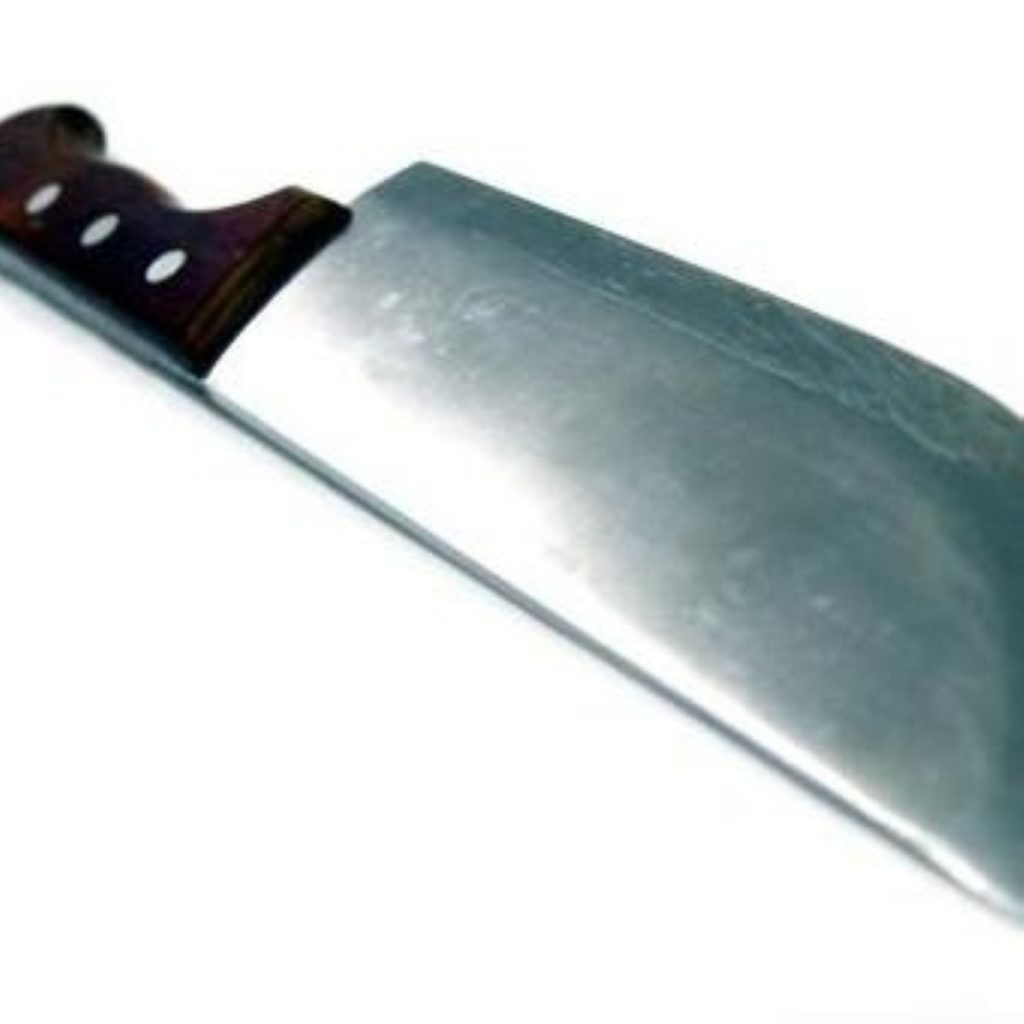Knife amnesty begins
The first national knife amnesty for more than ten years begins today in England and Wales, with young people in particular called upon to give up their weapons.
Scotland is running its own amnesty at the same time, as police and the government try to take knives off the streets and improve community safety.
The five-week amnesty, which ends on June 30th, will be accompanied by a campaign warning people that they face up to four years for carrying a knife in public, and also make clear the dangers associated with carrying weapons.
Home Office minister Vernon Coaker said: “The message of this campaign is simple – if you think you’re protecting yourself by carrying a knife, you’re not.


“Too many people think that carrying a knife will make them safer but the reality is quite the opposite as they run the real risk of having the knife turned back on them.
“Every weapon handed in is a weapon that can’t be used in crime. I want to see people recognising the dangers of carrying a knife and using this opportunity to dispose of it before the police take action against them.”
Today’s amnesty comes less than a week after 15-year-old Kiyan Prince was fatally stabbed outside his school in north London. A 16-year-old, who cannot be named, appeared in court on Monday charged with his murder.
Recognising that boys aged 15 and 16 are most likely to carry knives, the violent crime reduction bill would increase the age at which someone could buy a knife from 16 to 18.
The bill, which is currently going through parliament, would also introduce new powers for head teachers to search pupils for knives and other weapons.
The last knife amnesty was prompted by the murder of head teacher Philip Lawrence outside his school in west London in 1995. He was trying to defend a pupil, and his death prompted outrage from the public and in parliament.
“People have been seriously injured or killed by knives in circumstances where those convicted state they had no intention of hurting anyone,” said Ian Johnston of the Association of Chief Police Officers (Acpo).
“Our message is simple – don’t carry knives for protection; it is unlawful and it is dangerous.”
On Monday, Scotland’s lord advocate, Colin Boyd, announced tough new guidelines for the prosecution of people carrying knives, to come into effect at the end of the amnesty.
He added: “We must give our young people the incentive and the confidence to end the knife culture. We must build strong communities, free from the fear of violence.”









